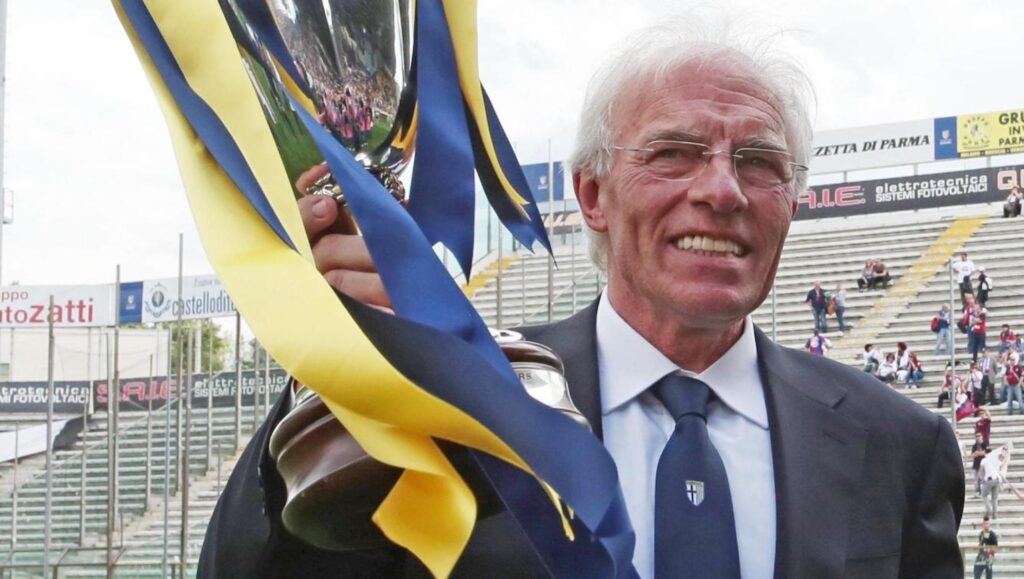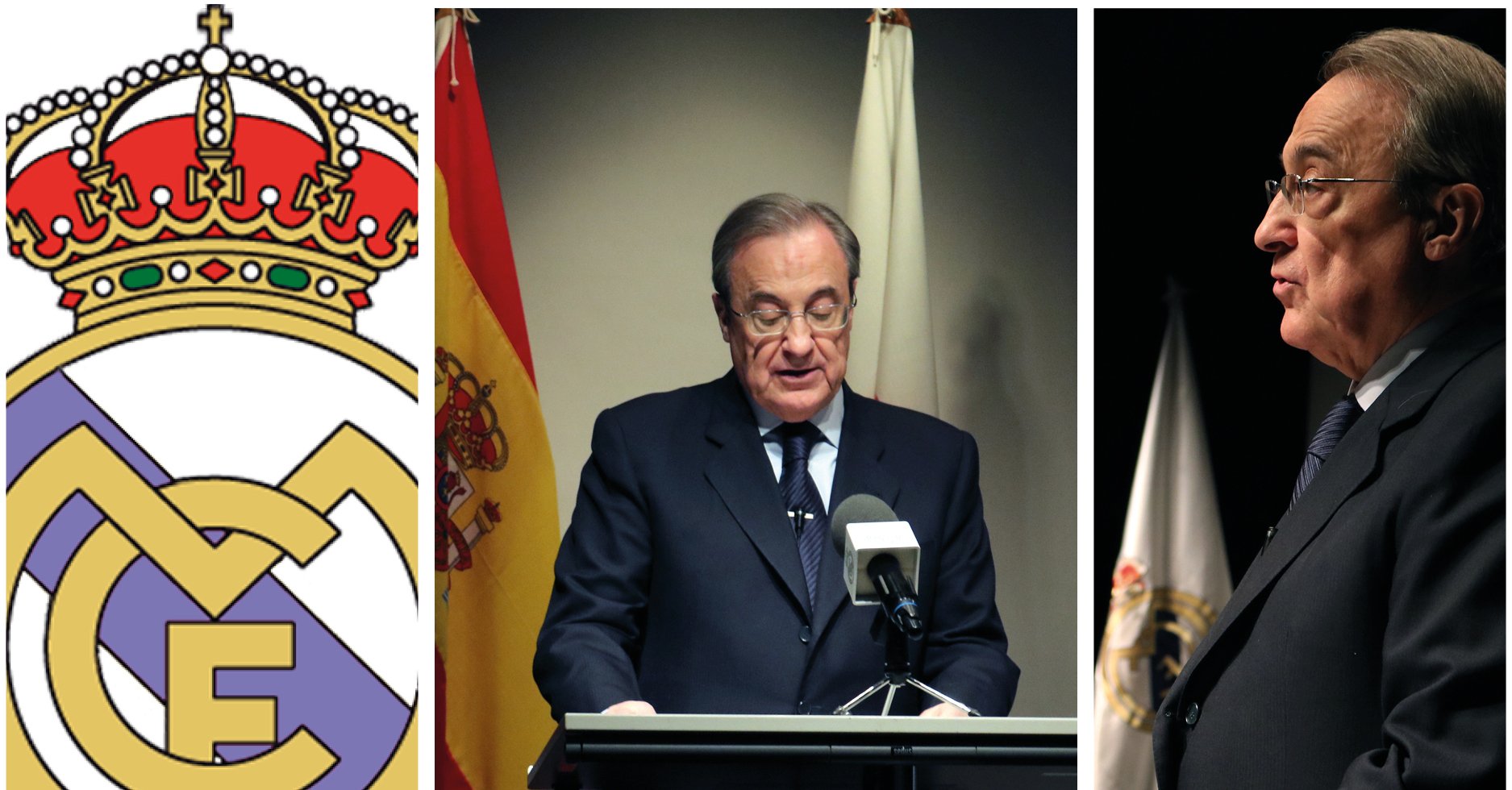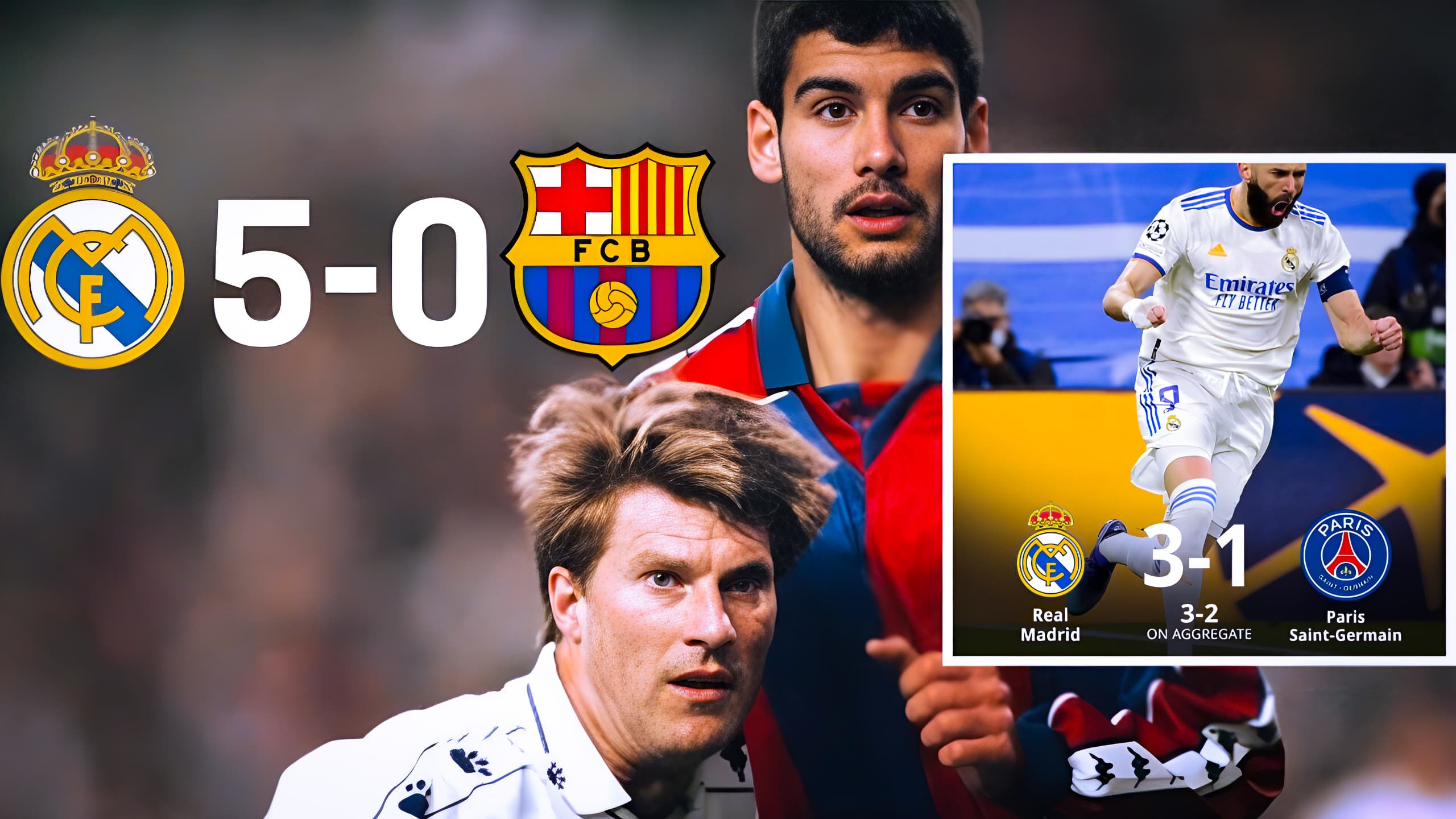What if the history of Real Madrid had been different? In the 90s, when the Spanish club was going through a period of European drought, a renowned Italian coach refused to take the reins of the team. Nevio Scala, the architect of Parma FC’s success, could have changed the course of events, but he now claims to have turned down the offer.
Real Madrid, now considered one of the biggest clubs in the world, has been in the wilderness for a long time in Europe. After more than thirty years without winning the European Cup, the Spanish club was trying to regain its prestige in the face of fierce competition, particularly from Johan Cruyff’s Barcelona. Victory in the 1998 Champions League against Juventus marked the start of a new era, but before that, the club was still looking for the ideal man to relaunch its project.
Nevio Scala, the coveted man who said NO
Nevio Scala, an emblematic figure of European football in the 1990s, imposed his style with Parma. Under his leadership, the Italian club won several major titles, including the Cup Winners’ Cup in 1993, the European Supercup and the UEFA Cup in 1995. His performances did not go unnoticed by Madrid’s directors, who were keen to lure him to the Santiago Bernabéu.
In an interview with La Gazzetta dello Sport, Scala revealed that Real Madrid had approached him twice. ‘I was first approached in the early 90s. I could never have left Parma and, above all, I had a very strong bond with the Tanzi family,’ he began.
In 1999, a new offer arrived from Madrid, but Scala was not convinced by the Spanish club’s plan. ‘Real Madrid came back to me, but I wasn’t convinced by the project. I felt it wasn’t the right time or the right opportunity for me,’ he added. Instead, he turned down the offer, continuing his career with Borussia Dortmund before joining Besiktas.
Nevio Scala e la decisione di rifiutare la panchina del Real Madrid: “Nel 1999 non mi convinse il progetto” 👇https://t.co/VK2IfuWa71
— GOAL Italia (@GoalItalia) February 20, 2025
A decision with far-reaching consequences?
Did Scala’s choice change Real Madrid’s destiny? It’s hard to say. What is certain is that the club has bounced back and once again become a world-class club. But what would the team have looked like under the Italian coach? Would he have brought a different philosophy? Would he have accelerated the Merengues’ return to the top? All these questions remain unanswered.
Despite this missed opportunity, Nevio Scala remains a respected figure in football. His work with Parma remains a benchmark, and his rejection of Real Madrid showed his commitment to his convictions and projects. ‘I always wanted to be faithful to my principles and commitments. At the time, I felt I belonged somewhere else,’ he says. As for the Merengues, they have written their legend in a different way, proving that no man is indispensable to a club’s greatness.

Football is full of stories of decisions that could have changed everything. Scala’s refusal is one of them. But in the end, Real Madrid found their way to glory, and the Italian followed his own path. One thing is certain: football’s destiny is sometimes decided by choices that are only fully realised years later.


Leave a Reply